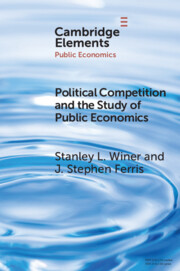Important challenges like climate change require transformative policy responses. According to a growing public policy literature, such transformative responses typically require complex policy packages that bundle various individual policy instruments to complement each other, compensate transition losers, and create positive synergies. Nevertheless, while adding new instruments to a package can increase policy effectiveness, it comes at a price: increased policy design complexity. Increased complexity potentially leads to fundamental public misperceptions that undermine policy legitimacy and feasibility. Here, I argue that complex policy packages affect public opinion through a compensation, policy perception, and design complexity mechanism. To test this argument, this study assesses if citizens evaluate proposals for isolated climate policies related to food and mobility behaviors differently to complex policy packages. Employing a novel two-stage conjoint-experimental approach with 9115 respondents from the USA and Germany, the study shows that policy packaging increases citizens’ perceived policy effectiveness to reduce climate pollutants, but also perceived restrictions on citizens’ lifestyles. Moreover, increased design complexity can lead citizens to pay special attention to salient costly parts of policy packages. However, increased design complexity does not fundamentally reverse preferences. Through packaging desired and undesired policy instruments, policymakers can increase public support for transformative climate policies.


